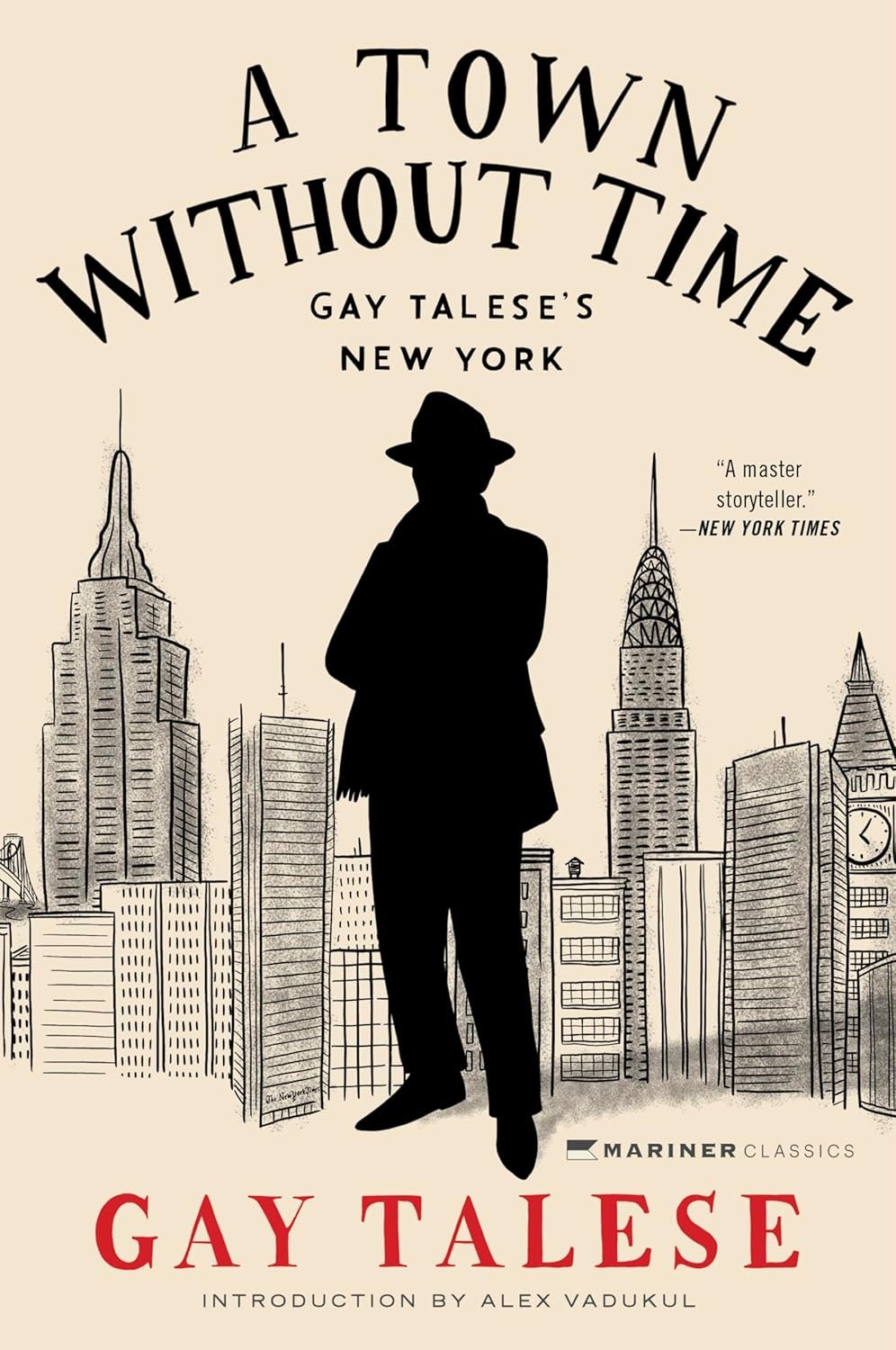My review of this for Teach Secondary magazine has just come out. Here is the published version, followed by the copy I submitted, which is slightly longer because it has a little more detail. I wrote the review wearing my school teacher hat. However, it struck me that the “productive failure” approach to teaching is something I’ve done, to some extent, in my creative writing classes.
Read MoreIs Artificial Intelligence actually any good?

I’ve reviewed this book for Teach Secondary magazine. Although my review is written from the standpoint of the question, “how useful is AI in schools?”, I do thiink it has relevance here because many writers, and writers’ organisations, are also scrutinising AI.
Read MoreOn this day: Covid19: who ya gonna trust?

To the extent that people distrust journalists, is it really surprising?
Read MoreNonfiction Notebook: Authors and their rituals

Some research looked at writers’ rituals. Hearing about that made me reflect on my own.
Read Morebooks, by Terry Freedman
Nonfiction notebook: 6 types of book review
I love books, and I love reviewing them. However, I’ve decided that a one-size fits all approach to reviewing books (or anything else, come to that), just won’t do. So I’ve categorised my reviews into 6 types.
Read MoreSubstack blues
I love Substack, but…
Read MoreImage generated in ideogram.ai
Nonfiction notebook: Foreword, Preface or Introduction?
I was faced with a conundrum: should I write a Preface to the 3rd Edition, a Foreword to the 3rd Edition, or just stuff it all into the Introduction and be done with it?
Read MorePhoto from Stencil. Licence: CC0
On this day: 7 features of bad writing
7 Features of Bad Writing suggests some common characteristics of poor prose. Any one of these 'sins' would serve as an indicator, especially if they occur more than once or twice.
Read MoreShock, Horror! by Terry Freedman
I still get the same ole feeling: trepidation
I’ve been asked to write a book review by a magazine. Here’s the process I went through.
Read MoreOn this day: Second-hand ebooks?

 I love second-hand bookshops. Whenever I go on holiday, one of the first things I do is go to the nearest Tourism Information outlet and get a list of the local used bookshops.
I love second-hand bookshops. Whenever I go on holiday, one of the first things I do is go to the nearest Tourism Information outlet and get a list of the local used bookshops.
So, what do I like about them, and what does this have to do with ebooks?
time’s running out! Picture created in ImageFX
Reminder: Just a few hours left to enter a kick-ass competition to win a copy of A Town Without Time by Gay Talese
This collection of work by Gay Talese is utterly brilliant, and contains items that haven’t seen the light of day in a long time.
Read MoreOn this day: The joy of monochrome

Not everything in life is black and white -- but perhaps more of it should be.
Read MoreCreative writing class
Creative assessment on a creative writing course
Reading each student’s work each week, at a rate of ten minutes each, took nearly two and a half hours. Thinking of suitable comments, adding them in to the appropriate place in Google Classroom, and updating my spreadsheet markbook took another hour and a half.
Something had to be done.
Read MoreCompetition to win a copy of Gay Talese's A Town Without Time

Last week I announced a competition to win a copy of A Town Without Time, the new collection of work by Gay Talese. Here is the link again, this time with an unrestricted link!
Read More7 useful literary techniques

Here are seven handy techniques with which to enrich your writing. Used sparingly, they can be very effective at bringing a piece to life.
Read MoreThe hardboiled collection: 3 Chandleresque stories in one post!

Three creative writing experiments: stories written in the hardboiled style.Quick look: A Town Without Time PLUS A chance to win this book!

A short review, plus a chance to win a copy of this new book.
Read MoreStart the Week #1
Here is a mixture of news, articles and links you might like. A word of warning though: one of the pieces below is pure fiction. I will leave you to determine which one.
Read MoreReview: The Newsmongers -- two reviews in one!

was intrigued to discover that a popular news magazine of the sixties had been anticipated by Defoe.
Read MoreA load of chips — photo by Terry Freedman
A film and a meal
Lois has an arts degree from the University of Oxford, which means that she can tell you everything you need to know about the influence of post-modernism on Latin-American literature in the final quarter of the twentieth century, but she can’t add up.
Read More








